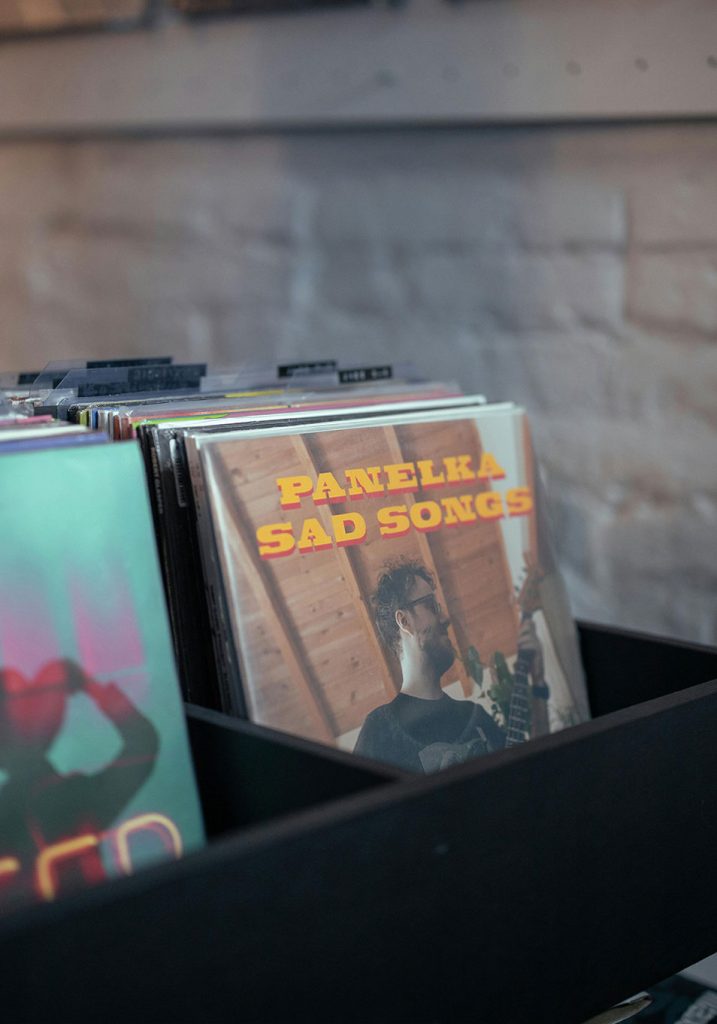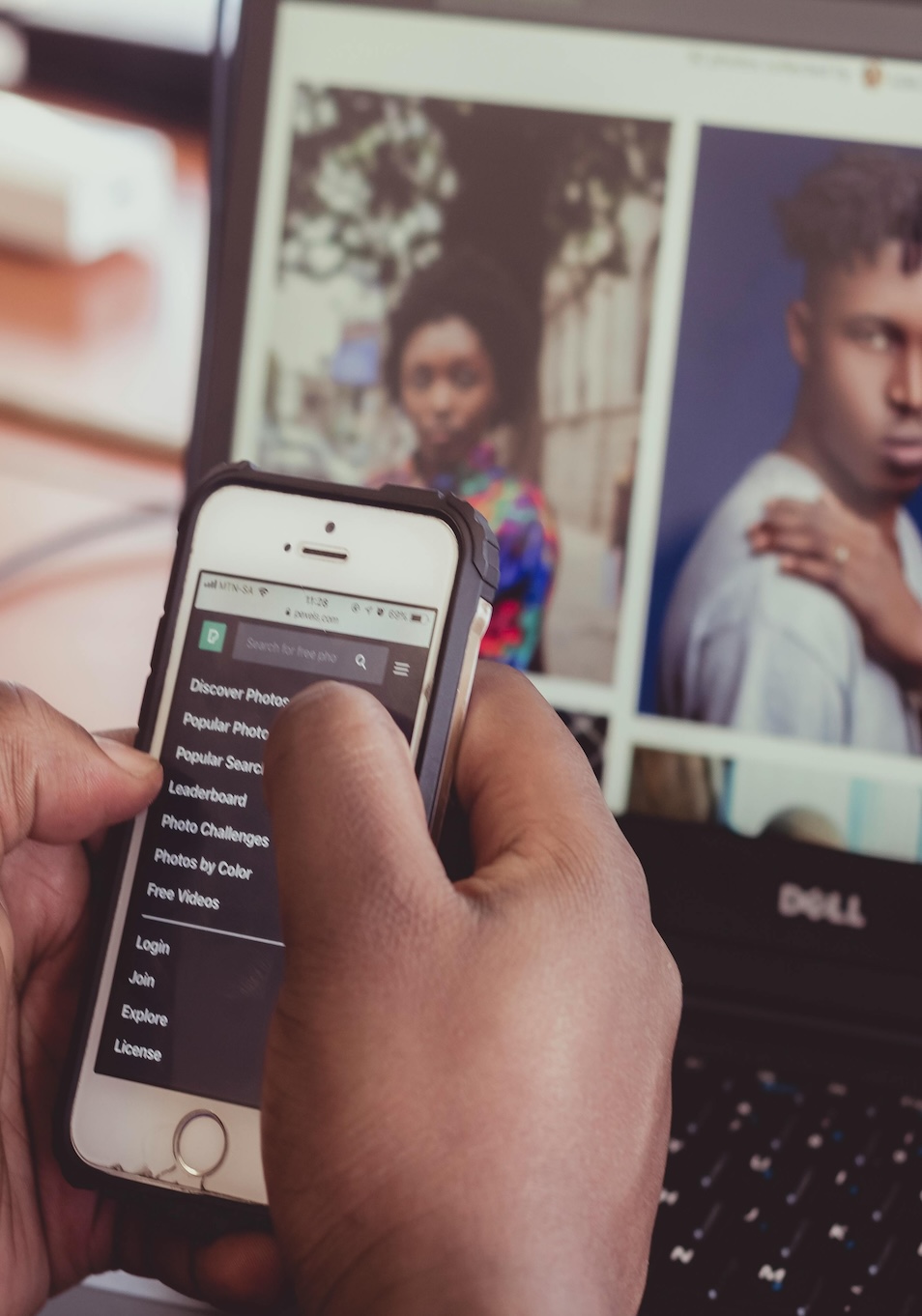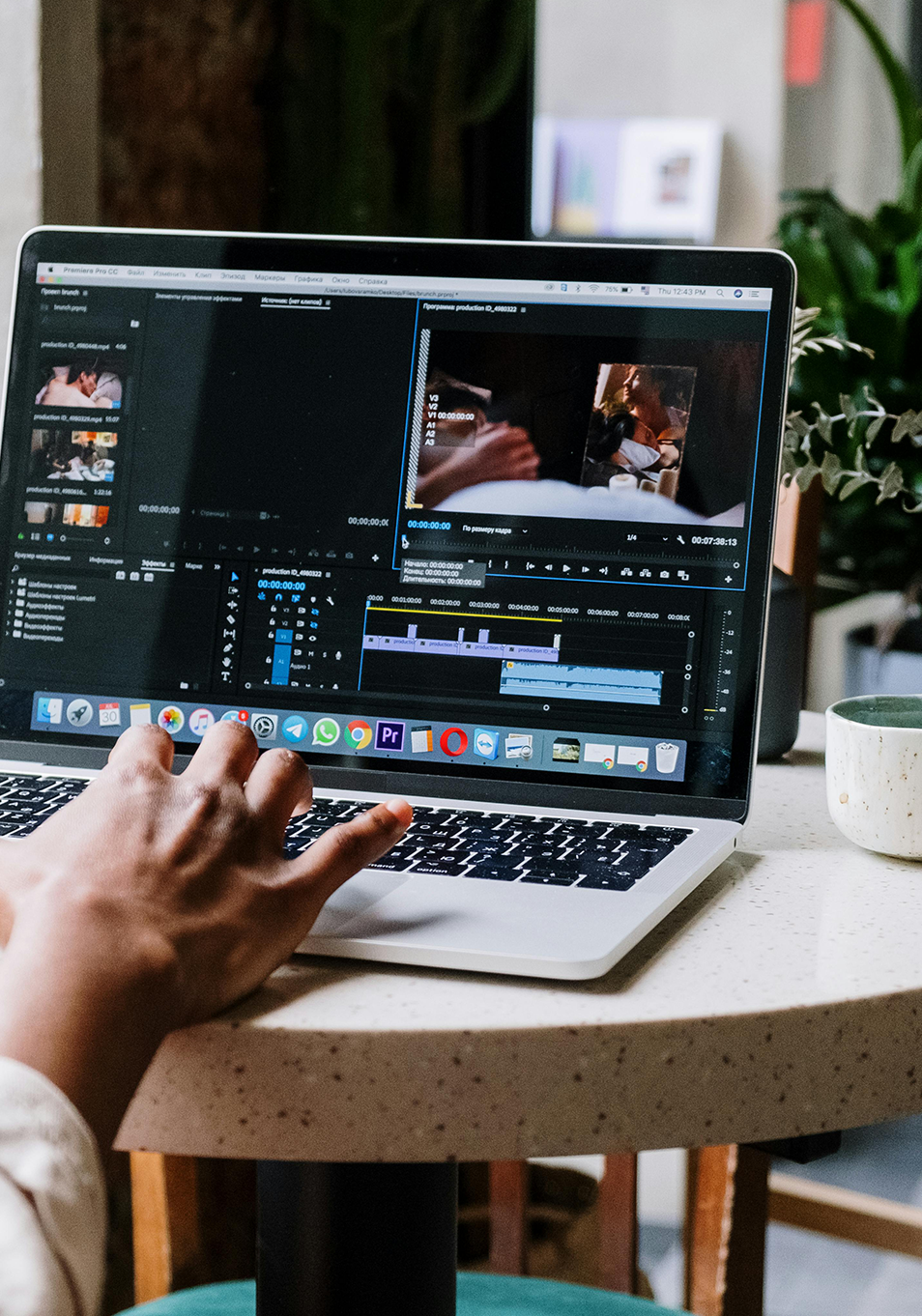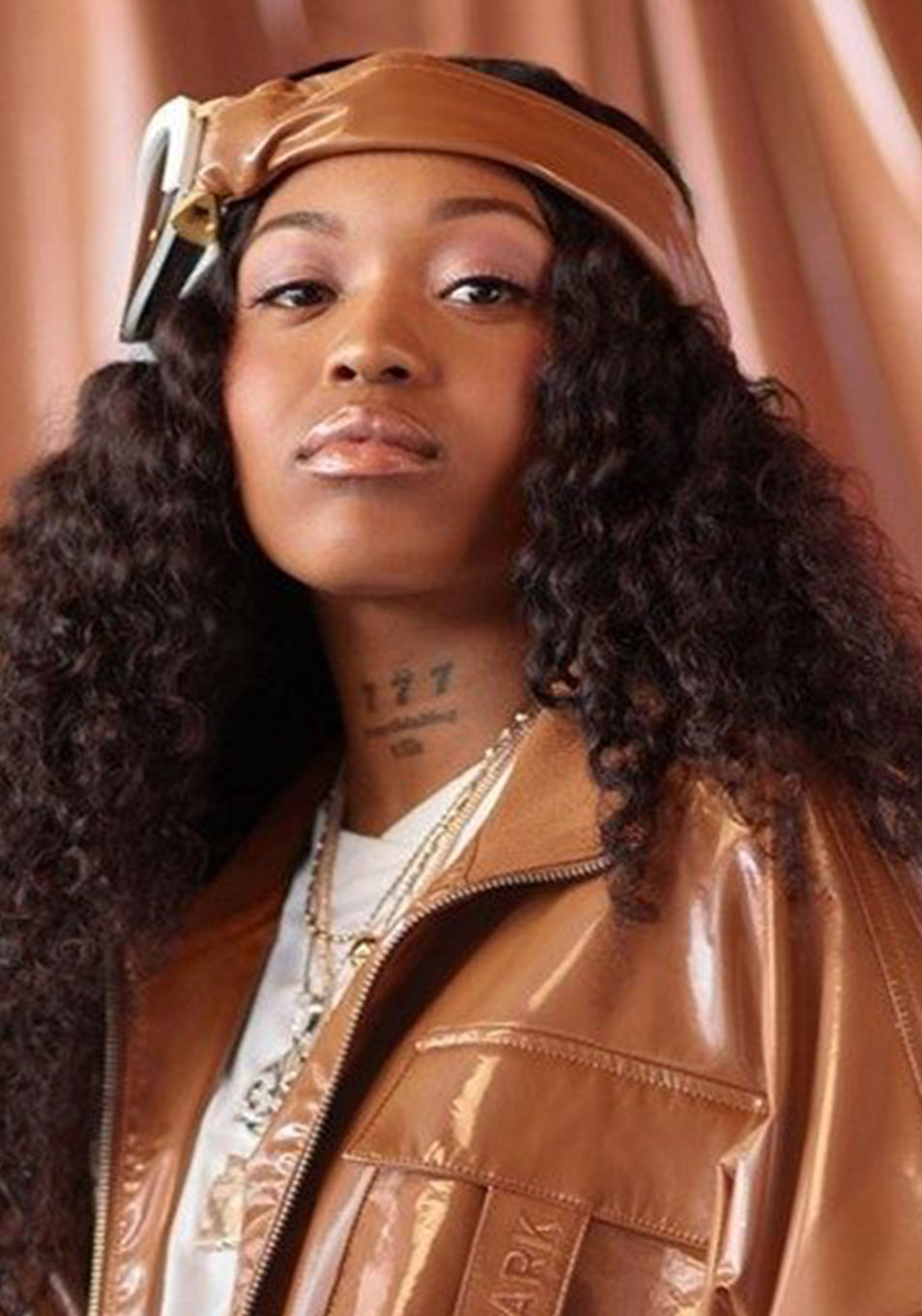Licensing Your Music: What Every Artist Should Know
Licensing your music for sync deals is just the beginning. It sounds obvious, but many artists overlook a crucial step — knowing exactly what rights they’re selling. Before you sign anything, ask yourself: Do I actually own the rights to this music?
You’d be surprised how many musicians don’t know who owns their songs or how music copyright works. If that feels uncomfortably familiar, don’t worry — here’s a quick guide to get you up to speed.
What is music copyright?
Music copyright splits into two key parts:
Publishing rights — These cover the song’s composition, including lyrics and melody.
Master rights — These cover the actual recording of the song.
Think of publishing rights like sheet music — the song itself. Master rights are the recorded version of that song. If you’ve always self-released your music, and never signed a label or publishing deal, chances are you own both rights.
Master Rights: Who Owns Your Recordings?
If you’ve signed with a label or publisher, check your contract carefully. Labels often own master rights — sometimes forever, sometimes for a set period. This usually happens if they’ve paid for the recording costs. Even if you share in sync income, you may not control whether your music gets licensed. It often depends on who owns the publishing rights too.
These days, many artists fund their own recordings. This gives them more control over master rights. Some labels offer a master licence deal instead. In this setup, the artist keeps ownership but the label earns a share of sync income. The rule is simple: The more rights you own, the more money and control you keep.
Publishing Rights: What Do They Cover?
Publishing rights give others permission to use your song’s composition. Music publishers help license these rights, collect royalties, and pitch your songs for sync opportunities.
Many independent labels, like Warp, Domino, and Ninja Tune, run their own publishing arms. These companies often sign artists they don’t release music for — a sign that artists are less willing to give up master rights these days.
Signing a publishing deal with your label can also simplify licensing. If the label owns both master and publishing rights, your track becomes a “one-stop” meaning licensees only deal with one party. This makes sync licensing deals faster and easier.
What Does a Publisher Do?
A publisher handles the business side of your songwriting. They:
Pitch your music for sync opportunities
Collect royalties from sales, streams, radio plays, and more
Ensure you get paid when your music is used
Help negotiate favourable licensing terms
If you still own your master rights, your song can’t appear in ads, TV, or films without your permission. However, a publisher can license the publishing rights for a cover version — without using your original recording.
That’s why it’s important to stay in touch with your publisher. Ask questions. Stay informed. Make sure they’re actively pitching your music. Remember — they work for you.
Final Thoughts
Want to know more about music copyright and the world of licensing?
Take a look at Unblocking The Sync: A band’s guide to brands, and a brand’s guide to bands. If you feel like you need some guidance through the complex world of music licensing, this e-book is designed for you.




